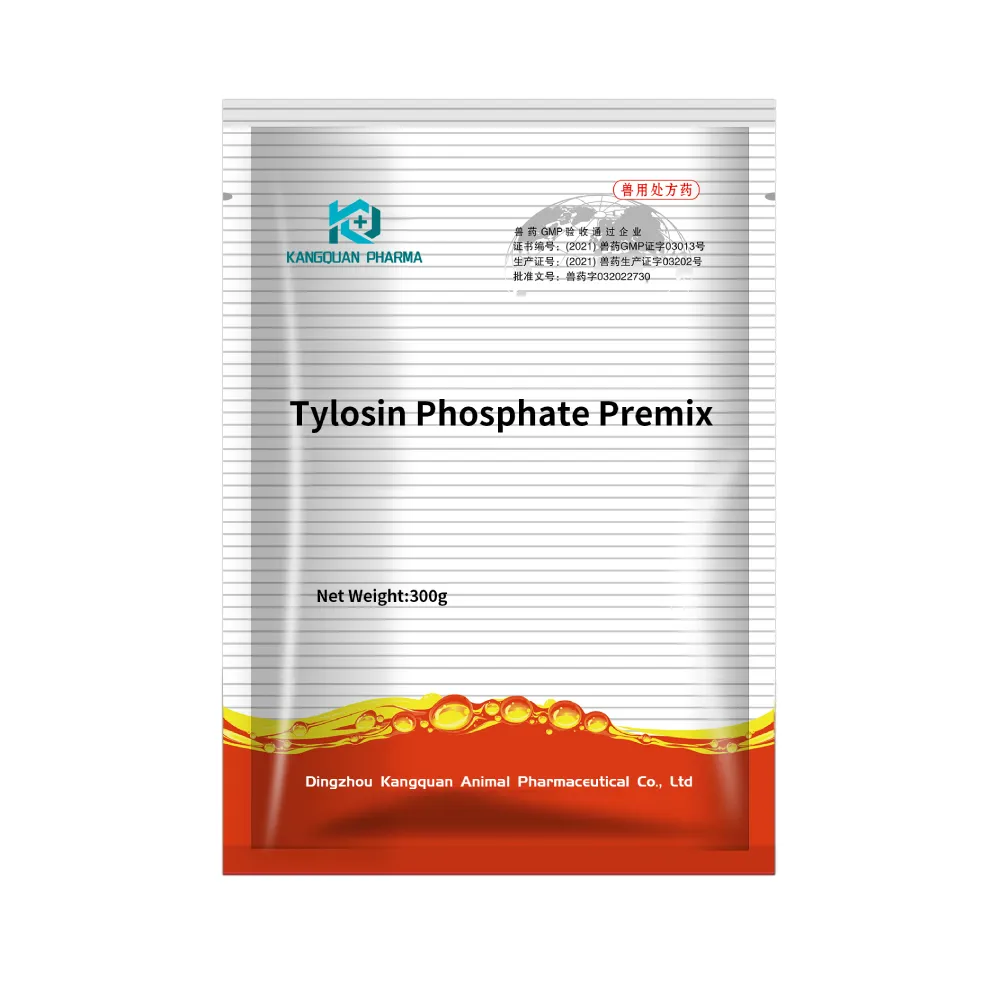- Afrikaans
- Albanian
- Amharic
- Arabic
- Armenian
- Azerbaijani
- Basque
- Belarusian
- Bengali
- Bosnian
- Bulgarian
- Catalan
- Cebuano
- Corsican
- Croatian
- Czech
- Danish
- Dutch
- English
- Esperanto
- Estonian
- Finnish
- French
- Frisian
- Galician
- Georgian
- German
- Greek
- Gujarati
- Haitian Creole
- hausa
- hawaiian
- Hebrew
- Hindi
- Miao
- Hungarian
- Icelandic
- igbo
- Indonesian
- irish
- Italian
- Japanese
- Javanese
- Kannada
- kazakh
- Khmer
- Rwandese
- Korean
- Kurdish
- Kyrgyz
- Lao
- Latin
- Latvian
- Lithuanian
- Luxembourgish
- Macedonian
- Malgashi
- Malay
- Malayalam
- Maltese
- Maori
- Marathi
- Mongolian
- Myanmar
- Nepali
- Norwegian
- Norwegian
- Occitan
- Pashto
- Persian
- Polish
- Portuguese
- Punjabi
- Romanian
- Russian
- Samoan
- Scottish Gaelic
- Serbian
- Sesotho
- Shona
- Sindhi
- Sinhala
- Slovak
- Slovenian
- Somali
- Spanish
- Sundanese
- Swahili
- Swedish
- Tagalog
- Tajik
- Tamil
- Tatar
- Telugu
- Thai
- Turkish
- Turkmen
- Ukrainian
- Urdu
- Uighur
- Uzbek
- Vietnamese
- Welsh
- Bantu
- Yiddish
- Yoruba
- Zulu
Dec . 06, 2024 06:41 Back to list
Ivermectin Injection Use in Dogs for Parasite Control and Health Management
Ivermectin Injection in Dogs A Comprehensive Guide
Ivermectin is a revolutionary medication that has transformed the landscape of veterinary medicine, particularly in the treatment and prevention of various parasitic infections in dogs. As a broad-spectrum antiparasitic agent, ivermectin is effective against a range of internal and external parasites, making it a valuable tool for pet owners and veterinarians alike. This article delves into the use of ivermectin injection in dogs, its benefits, administration guidelines, and safety considerations.
Understanding Ivermectin
Ivermectin was originally developed as a treatment for parasitic infections in livestock but has since found extensive use in domestic animals, including dogs. It belongs to a class of drugs known as avermectins, which target the nervous system of parasites, leading to their paralysis and eventual death. Ivermectin is commonly used to treat conditions such as heartworm disease, mange, certain types of mites, and various intestinal parasites.
Indications for Use
Veterinarians often prescribe ivermectin injection for dogs in cases where a rapid therapeutic effect is needed or when oral administration is not feasible. Conditions commonly treated with ivermectin include
- Heartworm Disease Ivermectin is an essential component of heartworm preventive treatments and can also be used as part of the treatment regimen for dogs that are infected with heartworms. - Mange Demodectic mange (caused by Demodex mites) and sarcoptic mange (caused by Sarcoptes scabiei) are treatable with ivermectin injections, providing a fast and effective option for relieving symptoms. - Intestinal Parasites Ivermectin can also be used to treat certain intestinal worms, such as roundworms and hookworms, which can cause significant health issues in dogs.
Administration Guidelines
When administering ivermectin via injection, it is crucial to follow a veterinarian's instructions meticulously. The dosage can vary based on the type of parasite being treated, the severity of the infection, and the dog’s weight and overall health. Typically, the injection is given subcutaneously (under the skin) or intramuscularly (in the muscle).
Before treatment begins, a thorough examination and diagnostic tests should be conducted to determine the appropriate dosage and to rule out any conditions that may contraindicate the use of ivermectin (such as certain genetic mutations noted in some dog breeds, including collies).
Benefits of Ivermectin Injection
ivermectin injection dogs

The injectable form of ivermectin offers several advantages over its oral counterparts
1. Rapid Action Injectable ivermectin works quickly, providing immediate relief from parasitic infestations, which is particularly critical in emergency situations.
2. Better Absorption For dogs that have difficulty swallowing pills or are vomiting, an injection ensures that the medication is absorbed effectively into the bloodstream.
3. Controlled Dosage Veterinarians can administer precise doses, making it easier to tailor treatment plans according to the individual needs of the dog.
Safety Considerations
While ivermectin is generally safe for most dogs, there are certain factors to be aware of. Some breeds, particularly herding breeds like collies, are genetically predisposed to ivermectin sensitivity, which can lead to serious side effects including neurological symptoms. Therefore, it is essential for owners to inform their veterinarian of their dog's breed and any existing health conditions prior to treatment.
Common side effects of ivermectin injections may include
- Mild diarrhea - Loss of appetite - Lethargy - Incoordination
Severe side effects, although rare, require immediate veterinary attention. Signs to watch for include excessive drooling, tremors, seizures, or severe lethargy.
Conclusion
Ivermectin injection is a powerful tool in the treatment of various parasitic infections in dogs. Its rapid action, effective absorption, and precision in dosage make it an excellent choice for veterinarians handling parasitic diseases. However, due diligence is crucial pet owners should work closely with veterinarians to ensure the safe and effective use of this medication, keeping in mind the unique health needs of their furry companions. As always, prevention through regular veterinary check-ups and appropriate medications remains the best strategy for maintaining the health and well-being of dogs.
-
Guide to Oxytetracycline Injection
NewsMar.27,2025
-
Guide to Colistin Sulphate
NewsMar.27,2025
-
Gentamicin Sulfate: Uses, Price, And Key Information
NewsMar.27,2025
-
Enrofloxacin Injection: Uses, Price, And Supplier Information
NewsMar.27,2025
-
Dexamethasone Sodium Phosphate Injection: Uses, Price, And Key Information
NewsMar.27,2025
-
Albendazole Tablet: Uses, Dosage, Cost, And Key Information
NewsMar.27,2025













